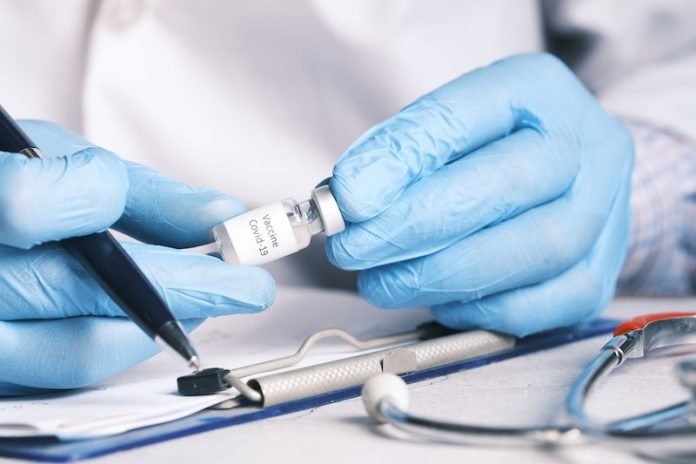
In a recent study published in The Lancet, researchers found the third dose of the COVID-19 vaccine shows Delta resistance.
They analyzed one of the world’s largest integrated health record databases to examine the effectiveness of the third dose of the Pfizer/BioNTech BNT162B2 vaccine against the Delta variant of SARS-CoV-2.
The study provides the largest peer-reviewed evaluation of the effectiveness of a third “booster” dose of a COVID-19 vaccine in a nationwide mass-vaccination setting.
The study is from Harvard and the Clalit Research Institute. One author is Prof. Ran Balicer.
Many countries are currently experiencing a resurgence of SARS-CoV-2 infections despite hitherto successful vaccination campaigns.
This may be due to the greater infectiousness of the Delta (B.1.617.2) variant of SARS-CoV-2, and to waning immunity of vaccines administered months earlier.
In the face of the current resurgence, several countries are planning to administer a third booster dose of the mRNA COVID-19 vaccine.
This study suggests that a third vaccine dose is effective in reducing severe COVID-19-related outcomes compared to individuals who have received two vaccine doses at least 5 months ago.
The study took place from July 30, 2021 through Sept 23, 2021, coinciding with Israel’s fourth wave of coronavirus infection and illness, during which the Delta (B.1.617.2) variant was the dominant strain in the country for new infections.
The team reviewed data from 728,321 individuals aged 12 or above who had received the third dose of the BNT162b2 vaccine.
These individuals were carefully matched 1:1 with 728,321 individuals who had received only two shots of the BNT162b2 vaccine at least five months prior.
The team found individuals who received three doses of the vaccine (7 days or more after the third dose) had a 93% lower risk of COVID-19-related hospitalization, 92% lower risk of severe COVID-19 disease, and 81% lower risk of COVID-19-related death.
Vaccine effectiveness was found to be similar for different sexes, age groups (ages 40-69 and 70+) and the number of comorbidities.
The team also found that infection rates began to drop for each age group 7-10 days after that age group became eligible for the third dose.
If you care about COVID booster, please read studies about everything you need to know about COVID-19 booster shots, and findings that new drug combo can effectively treat COVID-19 infection.
For more information about COVID, please see recent studies about this drug that can block multiple COVID-19 variants, and results showing that COVID-19 vaccine booster could effectively protect those 60 and older.
Copyright © 2021 Knowridge Science Report. All rights reserved.



